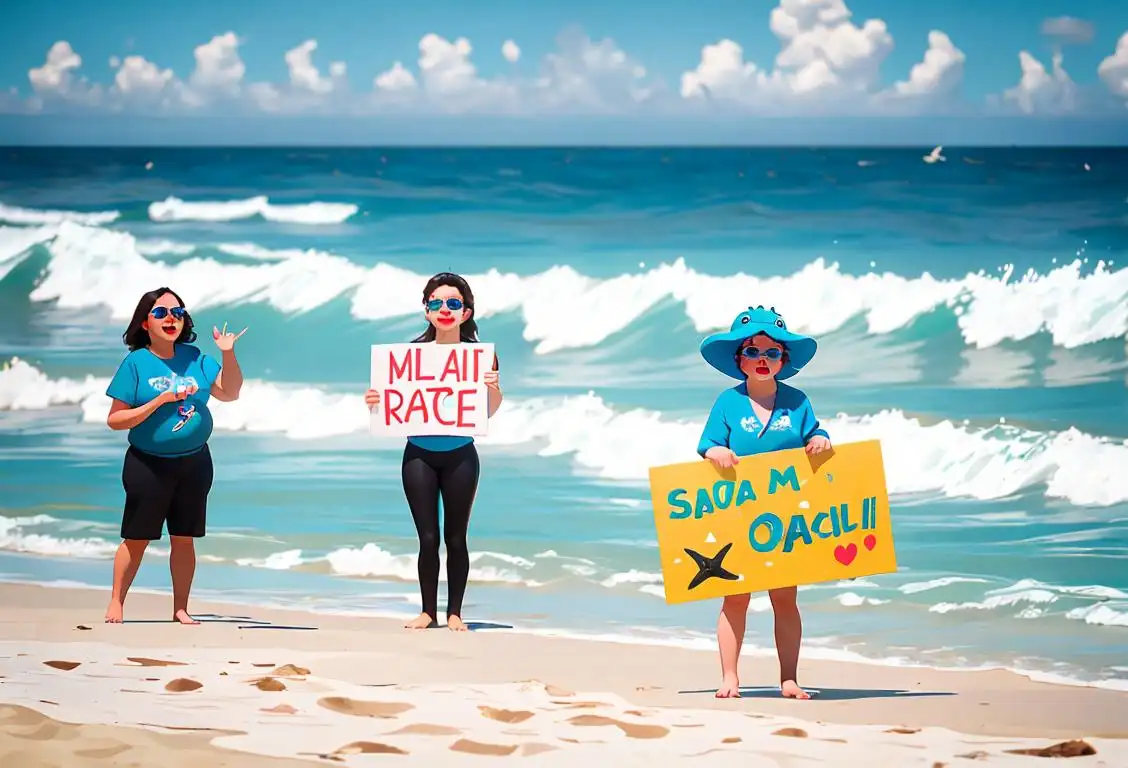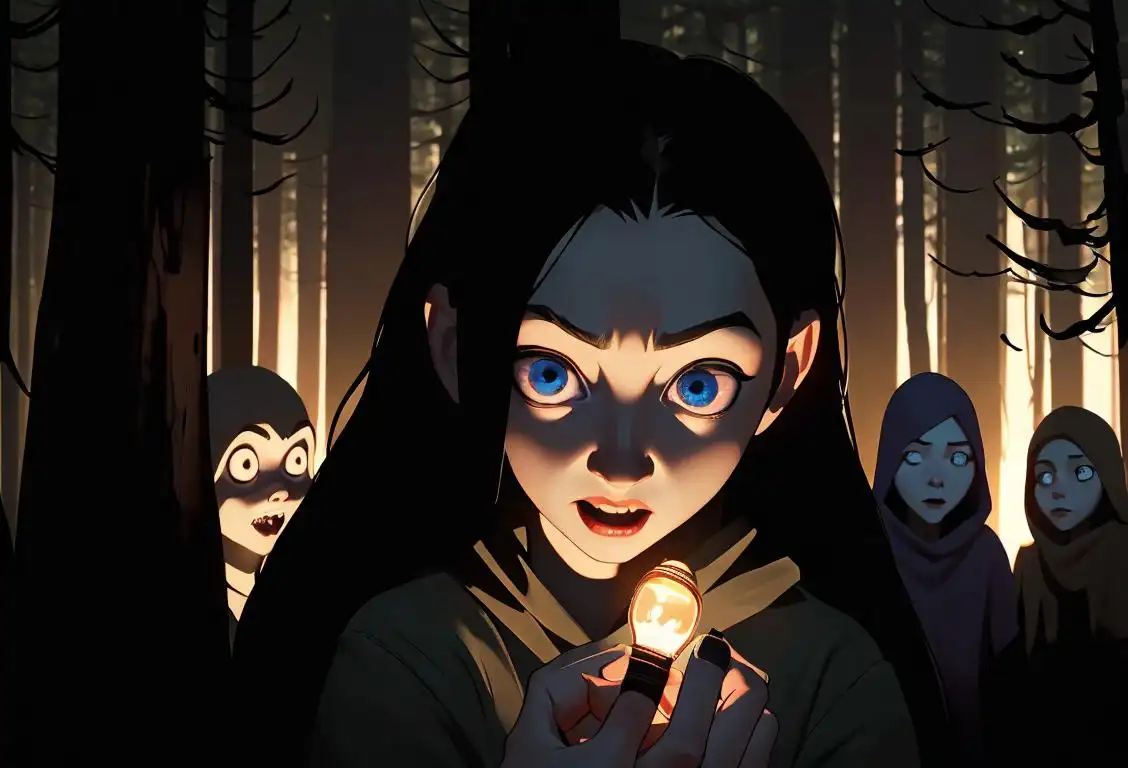National Boycott Sea World Day

Ahoy, landlubbers! It's time to dive into the fascinating history of National Boycott Sea World Day. Prepare to embark on a journey of awareness and fun as we explore the origins and significance of this important day.
When is Boycott Sea World Day?
It's national boycott sea world day on the 24th July.
The Birth of National Boycott Sea World Day
Every year on July 24th, passionate animal lovers and ocean advocates come together to observe National Boycott Sea World Day. This day serves as a reminder to all that our beloved marine friends deserve to swim freely in the vast ocean, rather than being confined to aquariums and forced to perform for our amusement.
National Boycott Sea World Day first gained attention online, with 18 mentions detected on various platforms. The lively discussions and widespread support showcased the growing awareness and activism surrounding the issue.
A Sea of Awareness
SeaWorld's controversial practices regarding the treatment of marine life have been the subject of much debate. Concerns about animal welfare and the ethics of keeping these magnificent creatures in captivity have prompted many to take a stand.
Boycotting SeaWorld is seen as a way to send a powerful message. By refusing to support the park financially, individuals hope to inspire change and encourage the organization to prioritize the well-being of marine animals over profit.
Fun Fact: Here's an Oar-Some Did-You-Know
Did you know that killer whales, also known as orcas, are highly social creatures? They form strong family bonds and have the ability to communicate and cooperate in sophisticated ways. These majestic mammals are truly remarkable!
History behind the term 'Boycott Sea World'
2013
Documentary Blackfish is released
In 2013, the documentary film called Blackfish was released. Directed by Gabriela Cowperthwaite, the film focuses on the story of Tilikum, a captive killer whale involved in the deaths of three individuals. The documentary raised significant concerns about the treatment and welfare of orcas in captivity, specifically at SeaWorld parks. It shed light on the potential negative consequences of keeping these intelligent and social creatures confined to tanks.
2014
Activists organize protests and call for a boycott
Inspired by the revelations in the Blackfish documentary, animal rights activists and concerned individuals began organizing protests and campaigns against SeaWorld. They called for a boycott of the theme park, urging visitors to reconsider supporting establishments that keep orcas and other marine animals in captivity. The boycott movement gained momentum through social media and various activist groups, fueling public awareness and discussion surrounding the treatment of animals in captivity.
2016
SeaWorld ends orca breeding program
In 2016, SeaWorld announced that it would end its orca breeding program. This decision came as a response to public pressure, declining attendance, and evolving societal attitudes towards animal welfare. SeaWorld pledged to phase out its theatrical orca shows and shift towards educational presentations focused on conservation efforts. The decision marked a major turning point in SeaWorld's approach and signaled a recognition of changing public sentiment.
2019
California passes the Orca Protection and Safety Act
In 2019, the state of California enacted the Orca Protection and Safety Act, making it illegal to hold orcas in captivity for entertainment purposes. The law prohibits the breeding, performance, and entertainment use of orcas in the state. The legislation was a response to growing concerns over the welfare and ethical treatment of captive orcas and aimed to promote their conservation and well-being.
2020
Public pressure continues, boycott remains active
Despite SeaWorld's changes and legal developments, the boycott against SeaWorld and the call to 'boycott SeaWorld' remains active. Animal rights activists and concerned individuals continue to advocate for the end of captivity for marine animals, emphasizing the need to protect these creatures in their natural habitats. The widespread attention generated by the documentary and subsequent actions has played a significant role in shaping public opinion and awareness surrounding orca captivity.
Did you know?
Did you know that killer whales, also known as orcas, are highly social creatures? They form strong family bonds and have the ability to communicate and cooperate in sophisticated ways. These majestic mammals are truly remarkable!Tagged
awareness nsfw funFirst identified
24th July 2018Most mentioned on
24th July 2019Total mentions
18Other days
Children Day
Nightmare Just Day
Intelligence Richard Grenell Has Declassified A Mysterious Inauguration Day
Happiness Day
Awareness Day
Kisses Day
Opposite Day
One Day
Stormy Daniels Day
These Day









